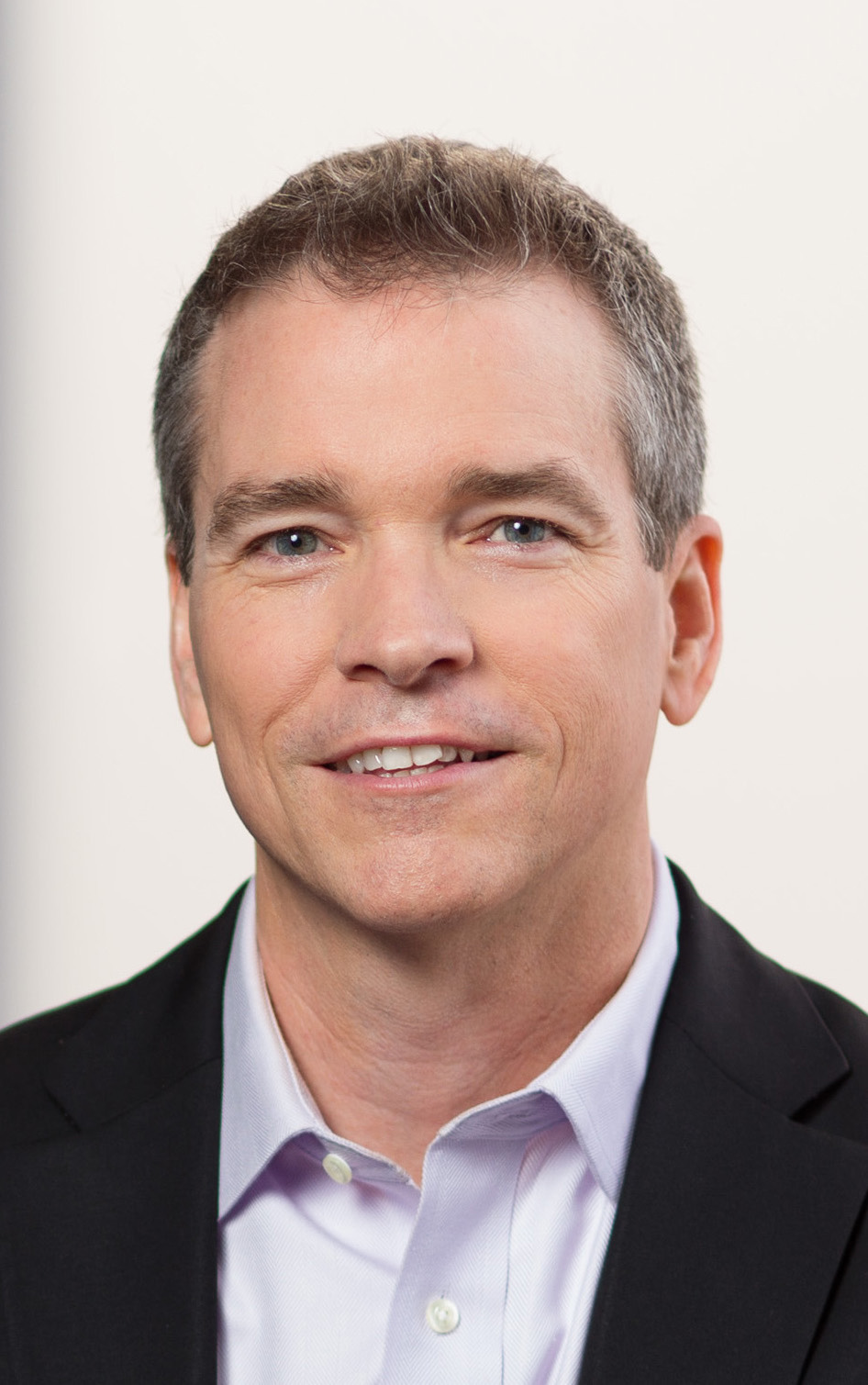Run Time: 32 minutes
Every day, we are inundated with persuasion attempts. Buy this. Share this. Try this. Like this. The lists goes on and on. With each attempt we add to our collective wisdom about tactics used to make us do things. That wisdom is known in the academic world as persuasion knowledge. In this episode of The Findings Report podcast, we delve into persuasion knowledge and discover ways to reduce its negative effects. We also meet with a research team that has discovered instances in which it can actually help you sell.
Bestselling author Paul Smith joins us to share insights from his book, Sell With A Story. Then, we chat with researchers Kent Grayson and Mathew Isaac and discuss new findings from their recent study on the Persuasion Knowledge Model. In between, Molly hits the streets to ask consumers for tips on how to sell a sandwich. There’s something for everyone!
Kent & Matt's List of Tactics
% Positive
- A company’s ad reports a product’s exact position (e.g., #3) on a ranked list (e.g., at top 10 list) conducted by a verifiable third-party source (e.g., Consumer Reports)—93%
- A company’s ad reports that the company has low prices every day and will match the lowest price offered by a competitor—91%
- A company’s ad offers consumers the opportunity to try the product for an extended period (e.g., two weeks) and the option to return the product afterward for a full refund—90%
- A company’s salesperson presents a detailed proposal to a prospective customer that is based on several hours analyzing the customer’s individual needs—90%
- A company’s ad presents a demonstration of the product’s usage or performance and shows it is superior to a competing product—89%
- A company’s ad reports the high average rating the product has received from customers on a shopping website (e.g., Amazon.com)—89%
- A company charges a nominal shipping fee for online purchases—89%
- A company’s ad presents a consumer who has actually purchased and used a product and who demonstrates why he or she likes and uses it—88%
- A company’s ad quotes from the positive reviews that the product has received from industry experts and journalists—86%
- A company’s website includes a study that was implemented by a respected professional association, and which shows that the company’s product is superior to competitors’—85%
- A company’s ad includes a description from a well-known expert in the field who explains why he or she recommends the product (e.g., a famous cook recommends cooking utensils)—80%
- A company’s ad reports the regular price of a product and also announces the sale price (e.g., regularly $299, now $199)—76%
- A company pays a fee to have its product prominently featured in a movie or television program—60%
- A company’s ad presents an imaginative and unnatural plot and/or characterization (e.g., animated characters, talking animals, dreams)—50%
- A company’s ad uses paid actors who are similar to the product’s target audience (for example, same age, gender, race, clothing style, etc.)—45%
- A company’s ad repeatedly emphasizes that the product will be on sale for “a limited time” only—35%
- A company’s ad presents a celebrity (an athlete or entertainer) who expresses liking/preference for the product or claims to have personal experience with or personal knowledge of the product—32%
- A company’s ad presents an analogy that compares the product to unrelated items (e.g., comparing a product to a precious jewel, a fine animal, etc.)—30%
- A company’s ad uses paid actors who play the role of consumers giving positive evaluations to the product—16%
- A company charges consumers a restocking fee for any products that are returned, irrespective of the reason for the return—14%
Guests
Kent Grayson
 Kent is on the marketing faculty at the Kellogg School of Management, where he teaches MBAs and executives, and where he holds the Bernice and Leonard Lavin Professorship. Kent researches the role of fabrication and fact in consumption. His research looks at such topics as the benefits and drawbacks of trusting a business partner, how consumers decide whether something is authentic or fake, and what happens when a “true” friend tries to sell you something.
Kent is on the marketing faculty at the Kellogg School of Management, where he teaches MBAs and executives, and where he holds the Bernice and Leonard Lavin Professorship. Kent researches the role of fabrication and fact in consumption. His research looks at such topics as the benefits and drawbacks of trusting a business partner, how consumers decide whether something is authentic or fake, and what happens when a “true” friend tries to sell you something.
In addition to his teaching, he is the faculty director of The Trust Project which aims to strengthen the research, practice and understanding of trust.
Mathew Isaac
 Dr. Isaac is an Associate Professor of Marketing in the Albers School of Business and Economics at Seattle University. His research focuses primarily on consumer judgment and decision-making, examining how contextual and motivational factors influence product evaluations and purchase intentions. His work has been published in a number of leading scientific journals, including Journal of Consumer Research, Journal of Marketing Research, Journal of Marketing, Journal of Consumer Psychology, and Journal of Advertising Research, and widely featured in business and popular press, including New York Times, Harvard Business Review, Time, Forbes, Wall Street Journal, The Atlantic, Men’s Health, Women’s Health, and Fast Company.
Dr. Isaac is an Associate Professor of Marketing in the Albers School of Business and Economics at Seattle University. His research focuses primarily on consumer judgment and decision-making, examining how contextual and motivational factors influence product evaluations and purchase intentions. His work has been published in a number of leading scientific journals, including Journal of Consumer Research, Journal of Marketing Research, Journal of Marketing, Journal of Consumer Psychology, and Journal of Advertising Research, and widely featured in business and popular press, including New York Times, Harvard Business Review, Time, Forbes, Wall Street Journal, The Atlantic, Men’s Health, Women’s Health, and Fast Company.
Paul Smith
 Paul Smith is one of the world’s leading experts on organizational storytelling. He’s a keynote speaker, storytelling coach, and bestselling author of the books Sell with a Story (#1 Amazon bestseller in Sales and Selling), Parenting with a Story, and Lead with a Story (#1 Amazon bestseller in Business Communication) already in its 9th printing and available in 7 languages around the world. Paul is also a former consultant at Accenture and former executive and 20-year veteran of The Procter & Gamble Company.
Paul Smith is one of the world’s leading experts on organizational storytelling. He’s a keynote speaker, storytelling coach, and bestselling author of the books Sell with a Story (#1 Amazon bestseller in Sales and Selling), Parenting with a Story, and Lead with a Story (#1 Amazon bestseller in Business Communication) already in its 9th printing and available in 7 languages around the world. Paul is also a former consultant at Accenture and former executive and 20-year veteran of The Procter & Gamble Company.
As part of his research on the effectiveness of storytelling, Paul has personally interviewed over 250 CEOs, executives, leaders, and salespeople in 25 countries, documenting over 2,000 individual stories. Leveraging those stories and interviews, Paul identified the components of effective storytelling, and developed templates and tools to apply them in practice. His work has been featured in The Wall Street Journal, Inc. Magazine, Time, Forbes, Fast Company, The Washington Post, PR News, and Success Magazine, among others.
Paul delivers professional workshops and keynote addresses on effective storytelling for leaders and salespeople. His clients include international giants like Hewlett Packard, Google, Ford Motor Company, Bayer Medical, Abbott, Novartis, Progressive Insurance, Kaiser Permanente, and Procter & Gamble.
Paul holds a bachelor’s degree in economics, and an MBA from the Wharton School at the University of Pennsylvania. He lives with his wife and two sons in the Cincinnati suburb of Mason, Ohio.
Be sure to check out his list of 25 Stories Sales People Need, mentioned in the show.
Show Credits
Media
- Clip from Mad Men episode "The Wheel" courtesy of Lionsgate Television and AMC
- Clip from Tommy Boy courtesy of Paramount Pictures
Music
The Findings Report theme song was composed by Daniel Munkus
Other music heard in this episode:
- Abra Cadaver by Gideon Freudmann
- Constructivism by A. A. Aalto
- Falling In by Chieh Angel Huang
- Find a Thing by Andrew Kaffer
- Fresh Chips (Slow) by David Swenson
- Tranquility Base by A. A. Aalto
Crew
- Transcription: Lydia Ward
- Production Support: Amanda White

